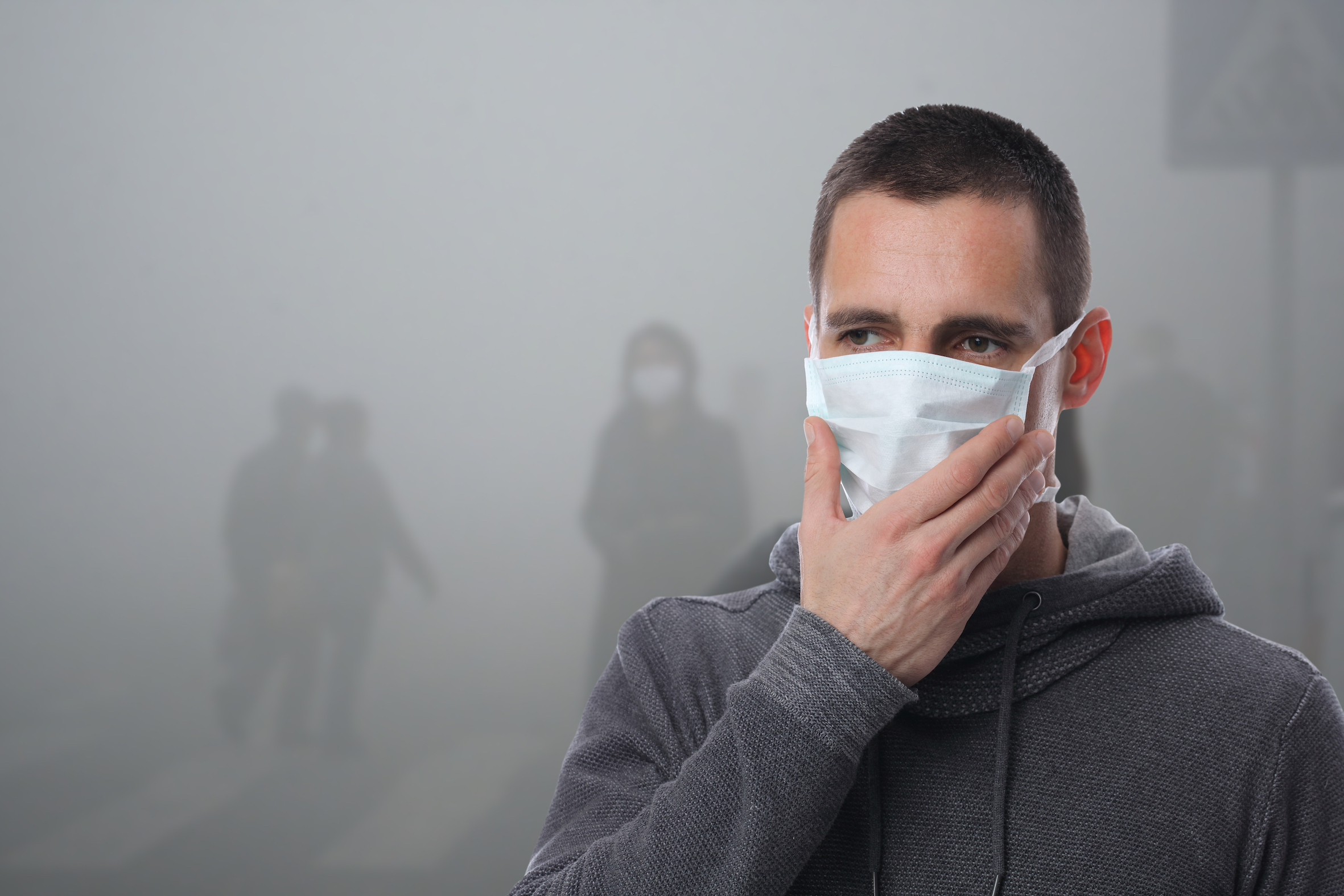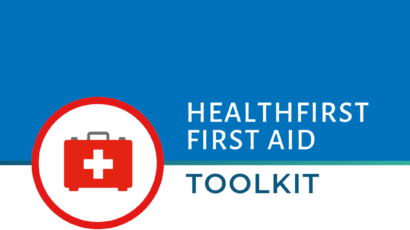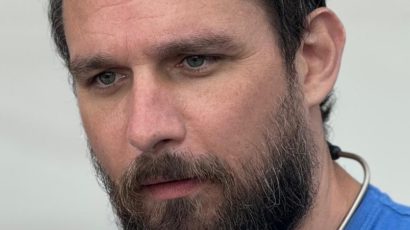
November is probably the most challenging month of the year. The turning back of the clocks, and with it the shorter days, signifies winter is around the corner. This year, the days feel even darker than usual, as we are facing the greatest health crisis of a lifetime. But alongside Covid, we are also experiencing a mental health pandemic. More than 1 billion people globally are suffering with mental illness. This is further impacted by isolation following quarantine and the need to socially distance and wear masks. Men’s mental health is suffering.
Movember
Every November since 2003, Mo Bros across the world have been growing moustaches and setting themselves challenges to raise awareness of men’s health issues.
This year alongside raising awareness of prostate and testicular cancer, they are addressing men’s mental health and suicide. Their target is to reduce premature death in men by 25% by 2030.
One man dies every minute from suicide across the world. In England 1 in every 8 men suffer from a mental illness including anxiety, depression and obsessive-compulsive disorder(1). Men are 3 times more likely than women to have an alcohol use disorder (2). These numbers are the tip of the iceberg as they only represent the cases reported and diagnosed.
Gender stereotypes and society’s expectations mean that many men do not feel able to speak out about how they are feeling, leading them to look for other ways to cope. Self-medicating with alcohol to reduce their distress and withdrawing from others for fear of judgement are sadly common outcomes.
Suicide
In their moment of need, many men simply do not know who, or where, to turn to. The reduced inhibitions from using alcohol in this moment of crisis, means thoughts of suicide may seem the only option. Sadly, this dangerous cocktail can lead to someone acting on these thoughts and the devastating outcome of a premature and avoidable death.
This year’s Movember campaign is tackling the issue head on. By raising awareness of mental ill health in men, the hope is that alongside growing their Mos this year, Bros will remove their own masks and start to talk about how they are feeling. This is the first step to change. The aim is to encourage boys and men to build strong social connections where they feel comfortable to talk openly about their feelings, without the fear of stigma and judgement.
Raising awareness of some of the symptoms of mental ill health is also important. Alongside feelings of low mood, loss of pleasure and exhaustion, men also struggle with irritability, anger and aggression. This can lead to loss of control and risk-taking behaviours.
Prevention
Turning to prevention, by taking simple steps we can all look after our mental health. Getting a good night’s sleep, eating healthily and regular exercise are good for our physical health, and important for our mental wellbeing. Taking time to switch off, listen to music or having fun with our friends is good too. But what is most important is to ask someone for help when we do not feel well. This might be having a chat with a friend or calling a helpline if you do not know who to speak to. In Switzerland, The Outstretched Hand (143) is a 24 hour helpline that offers support in English as well as German, French and Italian.
Dr Michelle Wright and I are also getting involved this Movember. We are running our second HealthFirst free webinar on mental health and will be joined by an expert panel. We will be discussing how wearing a mask is impacting men’s mental health, not just from the COVID-19 perspective and the mental health pandemic this has ‘unmasked’, but also the mask so many men wear when it comes to being open about their mental health.





